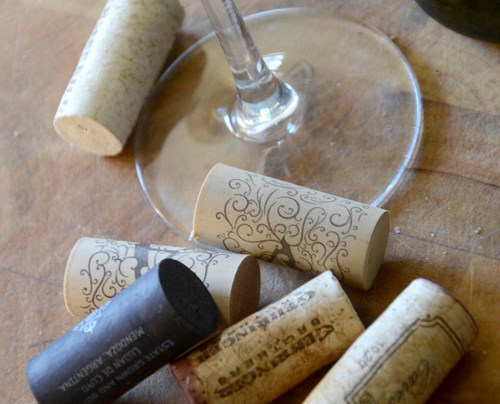TED Talks takes to the stage in Vancouver in a couple of weeks.
And this time there’s an interesting twist that involves wine and specifically wines of Chile. Chile’s ideal natural environment has helped it become a world leader in sustainable viticulture, and it’s this idea that forms the basis for the collaboration with TED Talks.
Ten wineries and their principals will be in attendance for a variety of tastings surrounding the conference, which all sounds like a sweet deal for Wines of Chile (a promotional body representing 90 wineries in Chile). But there’s an interesting twist here.
Barely even a couple of decades ago, Chile was still fighting to be taken seriously in the world of wine. Sure, the country had a well-earned reputation for making pretty decent cheap wine. But it wasn’t particularly enviable or an ideal pathway to becoming known for more serious, quality-driven winemaking.
Most of Chile practised viticulture driven by its bulk wine production until a few winemakers initiated a drive for organic and sustainable viticulture. This at a time when organic grape farming elsewhere in the world was still very much in its infancy.
Fast forward 20 years and it’s impressive to see how quickly Chile has progressed, with the likes of Emiliana’s Alvaro Espinoza setting the pace. Today Emiliana is fully certified organic, and its company-owned organic and biodynamic farms, plus some 1,096 hectares of vineyards in diverse regions, have very much helped to shape the new sustainable face of Chile.
Chile (which is the fifth largest wine producer on the planet) has announced its intention of becoming the world’s leading producer of sustainable wines by 2025. It’s a lofty goal. But judging by the experience of the last few years, it’s one that the country is well equipped to achieve.
During the various tastings and seminars behind the scenes, the Chileans will be asking delegates to consider how sustainability, if truly practised on a global scale, could positively impact planet Earth.
With measures such as switching to lightweight bottles and eliminating pesticides, it’s been interesting to watch Chile’s progress over the years, especially the way in which they’ve shaped their Viniculture Sustainability Code, with more than 50 per cent of Wines of Chile’s member wineries certified. That puts them well on the way to their goal of 100 per cent by 2025.
While many countries (though not Canada) have implemented such programs, what sets Chile’s apart is an approach that addresses the entire spectrum of wine growing, from land use, how practices affect labour and neighbouring communities, positive economic impact and so on. The program divides into three colour-coded complementary areas: green (vineyards), red (wineries and bottling plants) and orange (social). Wines of Chile says it’s a long-term vision based on a combination of environmental principles, social equality, and economic viability applicable to all types of vinicultural companies, irrelevant of the scale of production. Who knows? Maybe we’ll even get around to it here, one day.
My pick of the week:
Errazuriz Max Reserva Sauvignon Blanc 2014
From a cool climate site just seven kiolometres from the Pacific Ocean comes this well-balanced Sauvignon Blanc with a personality all of its own, with bright acidity, persistent but not overt citrus, grapefruit and a touch of minerality (90 points, $16.49). Try it with oysters or nettle risotto.
Tim Pawsey writes about wine for numerous publications and online at hiredbelly.com. He can be reached via email at [email protected].



